What treatment
10+ Highly Rated In Vitro Fertilization IVF Clinics in Georgia
Reach Out to These Certified In Vitro Fertilization IVF Clinics List in Georgia Loved by Patients!
Aurora-Georgia - Surrogacy in Tbilisi
Overview
Welcome to the International Surrogacy and Egg donation Agency Aurora-Georgia, we are genuinely committed to the main aim - the birth of a long-awaited child!
Read more details
Global Leader Clinic, World Center of Baby - From Hope to Home — Surrogacy for Everyone
Overview
World Center Of Baby - Dedicated to making parenthood possible. Different countries, All possibility, We make the dream of becoming parents a reality.
Read more details
InvitroLife - Best IVF Clinic in Georgia
Overview
Experience the Best IVF Clinic in Georgia. InvitroLife offers high success rates with advanced IVF, ICSI, PGT-A, surrogacy & egg donation programs.
Read more details
Top IVF Center - European Fertility Clinic
Overview
Discover superior IVF treatments in Tbilisi, Georgia at European Fertility Clinic. Trusted expertise for your fertility journey. Book now at PlacidWay!
Read more details
Discover your treatment options with a free, no-obligation quote!
Get your quote now!Chachava Clinic Reproductive Health Center
Overview
Discover premier IVF treatments & surrogacy programs in Tbilisi, Georgia at Chachava Clinic Reproductive Health Center. Experience excellence in fertility care.
Read more detailsMed-Import Corporation
Overview
Med-Import Corporation provides a wide range of infertility treatment in Tbilisi, Georgia. Their top procedures include IVF, surrogacy, egg donation, fertility treatment.
Read more detailsReproductive Medical Center Universy
Overview
Reproductive Medical Center Universy located in Tbilisi, Georgia works towards providing comprehensive medical services in the field of preparation for pregnancy, pregnancy monitoring, and childbirth. Learn about treatment of all types of reproductive disorders and ensure healthy birth of a healthy child at Georgia.
Read more detailsUniverse Clinic
Overview
Universe is a leading reproductive medical center located in Tbilsi, Georgia. They provide the most advanced research and treatment including IVF with the help of qualified staff and latest equipment. Surrogacy, egg donation, assisted reproductive techniques and various other advanced infertility treatments are provided by the clinic.
Read more detailsDiscover your treatment options with a free, no-obligation quote!
Get your quote now!Beta Plus Fertility
Overview
Fertility Treatment in Georgia by Beta Plus Fertility is a Best Fertility Clinic located in Georgia. You can get various medical services such as IVF, Egg Donor, Gestational Carrier, as the best solution for couples around the world who are struggling with infertility.
Read more detailsInternational University Hospital Batumi
Overview
International University Hospital Batumi is multi-profiled hospital located in Batumi, Georgia which provides top quality ambulatory and inpatient services. Equipped with the latest medical technologies, the medical center's staff is composed of highly trained and qualified doctors.
Read more detailsReproART Georgian-American Center for Reproductive Medicine
Overview
Get world-class fertility treatment at ReproART Georgian-American Center for Reproductive Medicine, Tbilisi, Georgia. Learn about the clinic procedures and treatments.
Read more detailsIn Vitro Fertility Clinic
In Vitro Clinic Georgia is among the top fertility centers in the Middle East, providing only the latest Assisted Reproductive Technologies with the help of highly trained and experienced doctors. Thanks to their exceptional services more than 3,000 babies from international and local couples have been born in Georgia and other thousands worldwide.
New Life Georgia
Popular destination for surrogacy, egg donation and IVF treatment. Our team of fertility specialists provide you with high success rates & excellence in fertility care. We provide you with the best possible chance to fulfill your dream of conception and starting a family of your own.
What are the best In Vitro Fertilization (IVF) clinics in Georgia?
For In Vitro Fertilization (IVF) in Georgia, highly-rated options include Chachava Clinic Reproductive Health Center, European Fertility Clinic, and Beta Plus Fertility, all renowned in Tbilisi for their comprehensive fertility treatments and patient care. Aurora-Georgia is also well-regarded for surrogacy, while International University Hospital Batumi offers strong general services in Batumi.
Patients seeking top-tier IVF clinics in Georgia often consider facilities in Tbilisi due to their advanced reproductive technologies and experienced specialists. These centers frequently receive positive patient feedback, highlighting their supportive environments and successful outcomes in various fertility procedures like IVF, ICSI, and surrogacy. When evaluating, focus on transparent success rates, the range of available services, and the overall patient experience provided by these established clinics across Georgia.
How do Georgia IVF clinics measure their success rates?
IVF clinics in Georgia typically report success rates based on live birth rates per embryo transfer, often segmented by patient age and specific infertility diagnoses. These metrics provide a clear picture of treatment effectiveness. It's crucial to look for transparent reporting, often aligned with international standards for fertility clinic data, to accurately compare potential outcomes.
Understanding a clinic's success rates involves looking beyond just "pregnancy rates," as these can be misleading if they don't account for live births. Leading clinics in Georgia emphasize live birth rates as the most significant indicator, often detailing their statistics for fresh embryo transfers, frozen embryo transfers, and cycles involving donor eggs or sperm. Always request the most current data relevant to your age group and specific medical history for a realistic expectation of your fertility journey.
What types of specialized fertility treatments are offered at Georgia IVF clinics?
Georgia's IVF clinics offer a wide spectrum of specialized fertility treatments beyond standard IVF. These include Intracytoplasmic Sperm Injection (ICSI) for male factor infertility, Preimplantation Genetic Testing (PGT) for embryo screening, egg and sperm donation programs, and comprehensive gestational surrogacy options, catering to diverse family-building needs.
Many clinics pride themselves on providing advanced reproductive technologies and personalized care plans. Beyond core IVF, you might find services such as assisted hatching to improve embryo implantation, cryopreservation for eggs, sperm, and embryos, and fertility preservation for individuals facing medical treatments that could affect future fertility. These specialized options ensure that clinics can address complex infertility cases and offer tailored solutions to a broad range of patients.
What patient support services do IVF clinics in Georgia provide?
IVF clinics in Georgia offer extensive patient support, recognizing the emotional and logistical demands of fertility treatment. This often includes dedicated nurse coordinators for guidance, access to financial counselors for understanding treatment plans and potential coverage, and psychological support through counseling services or patient support groups to aid mental well-being during the fertility journey.
Navigating the complexities of IVF can be overwhelming, so comprehensive support is key. Many clinics provide educational resources, workshops, and online portals to keep patients informed every step of the way. They may also connect patients with local support networks or refer them to specialists in complementary therapies. The goal is to create a nurturing environment where patients feel understood, informed, and emotionally supported throughout their reproductive health treatments.
Are there regulatory bodies overseeing IVF clinics in Georgia?
Yes, IVF clinics in Georgia are regulated by national healthcare authorities to ensure patient safety and ethical practices in reproductive medicine. These bodies set standards for clinic operations, laboratory quality, and reporting of success rates. Patients should inquire about a clinic's accreditation and adherence to these regulations to ensure they receive high-quality, compliant care during their fertility treatment.
Prospective patients should always verify that a chosen fertility clinic operates under the necessary licenses and accreditations. Regulatory oversight typically covers aspects like staff qualifications, equipment standards, and protocols for embryo handling and storage. Adherence to these regulations signifies a commitment to patient welfare and clinical excellence, providing peace of mind for individuals embarking on their family-building journey.
What is the typical timeframe for an IVF cycle at a Georgian clinic?
A standard IVF cycle at a Georgian clinic typically spans about four to six weeks, from initial consultations and ovarian stimulation to egg retrieval and embryo transfer. This timeframe can vary based on individual patient response to medication, the need for genetic testing, or if a frozen embryo transfer is planned.
The process begins with ovarian stimulation, where medications are administered for about 10-14 days to encourage multiple egg development. This is followed by egg retrieval, a minor surgical procedure. Embryos are then created in the embryology lab and typically cultured for three to five days before transfer. If Preimplantation Genetic Testing (PGT) is performed, embryos are biopsied and frozen, extending the overall timeline before a frozen embryo transfer (FET) can take place in a subsequent cycle.
How do Georgia IVF clinics ensure embryo quality and selection?
Georgia IVF clinics employ stringent protocols for embryo quality and selection, utilizing advanced embryology lab techniques. This often includes culturing embryos to the blastocyst stage (day 5 or 6), time-lapse imaging for continuous monitoring without environmental disturbance, and, when indicated, Preimplantation Genetic Testing (PGT) to screen for chromosomal abnormalities, all aimed at improving implantation and live birth rates.
The dedicated embryology teams at leading clinics meticulously assess embryo morphology and developmental milestones. Tools like time-lapse incubators provide detailed insights into embryo development, helping specialists identify the most viable embryos. PGT offers a genetic blueprint of the embryo, significantly reducing the risk of transferring an embryo with genetic issues. These measures are critical for maximizing the chances of a successful pregnancy and a healthy live birth, forming a cornerstone of modern fertility treatment.
What considerations are important for international patients choosing an IVF clinic in Georgia?
International patients choosing an IVF clinic in Georgia should prioritize clinics offering robust international patient services, including multilingual staff, assistance with travel and accommodation, and clear communication protocols for remote consultations. Understanding local regulations concerning fertility treatments, especially for surrogacy or donor programs, is also vital for a smooth fertility journey.
Beyond the clinical aspects, logistical support plays a significant role for patients traveling for fertility treatment. Look for clinics that provide comprehensive packages that may include airport transfers, patient liaison services, and help with local transportation. It's also important to clarify the legal framework in Georgia regarding assisted reproductive technologies and to ensure that all necessary legal documents and consents can be managed effectively for international clients. Effective communication with your clinic before, during, and after your visit is paramount.
Can IVF clinics in Georgia assist with fertility preservation?
Yes, many IVF clinics in Georgia offer advanced fertility preservation services for individuals looking to safeguard their reproductive future. These services typically include egg freezing (oocyte cryopreservation) for women and sperm freezing for men, often utilized before cancer treatments, surgery, or simply for elective reasons to extend reproductive options later in life.
Fertility preservation allows individuals to maintain their reproductive potential when facing circumstances that might compromise it. Clinics provide detailed consultations to discuss the process, risks, and success rates associated with egg or sperm freezing. The procedures involve controlled ovarian stimulation for egg retrieval or sperm collection, followed by cryopreservation using vitrification, an ultra-rapid freezing technique that ensures high viability upon thawing. This proactive approach offers peace of mind and flexibility for future family planning.
What is the typical patient demographic at Georgia IVF clinics?
IVF clinics in Georgia serve a diverse patient demographic, including local Georgian couples, a significant number of international patients seeking various fertility treatments, and individuals or couples from the LGBTQ+ community exploring family-building options like reciprocal IVF or surrogacy. This diversity reflects Georgia's inclusive legal framework for reproductive services.
The patient population varies widely in age, background, and specific infertility challenges. Many international patients are drawn to Georgia due to its favorable legal environment for surrogacy and egg donation, as well as its comparatively competitive treatment costs. Clinics are well-equipped to handle this diverse clientele, often providing multilingual support and tailored treatment plans to meet the unique needs and cultural considerations of each patient on their journey to parenthood.
How PlacidWay helps individuals access In Vitro Fertilization IVF in Georgia?
PlacidWay serves as your trusted guide to navigating In Vitro Fertilization IVF options in Georgia. We provide detailed, up-to-date information about the IVF process, including the benefits, potential risks, and realistic outcomes you can expect, empowering you with the knowledge to move forward confidently.
We understand that affordability is a key concern. PlacidWay helps you compare treatment packages from various accredited clinics across Georgia, ensuring you find affordable options without ever compromising on the quality of medical care or the expertise of the fertility specialists.
Finding the right facility is paramount. We assist you in discovering trusted, internationally accredited clinics and highly qualified medical professionals who specialize in In Vitro Fertilization IVF in Georgia, connecting you with centers known for their excellence and patient-centered care.
Making such a personal decision requires personalized guidance. PlacidWay offers one-on-one consultations to help you make informed choices about your treatment. We listen to your unique situation and needs, ensuring you are matched with a clinic and a plan that is right for you.
Our commitment to you doesn't end after the procedure. PlacidWay ensures you receive continued support throughout your journey, including assistance with arranging follow-up care and recovery, providing peace of mind from start to finish.
Ready to get In Vitro Fertilization IVF in Georgia? Contact us today for a personalized consultation.















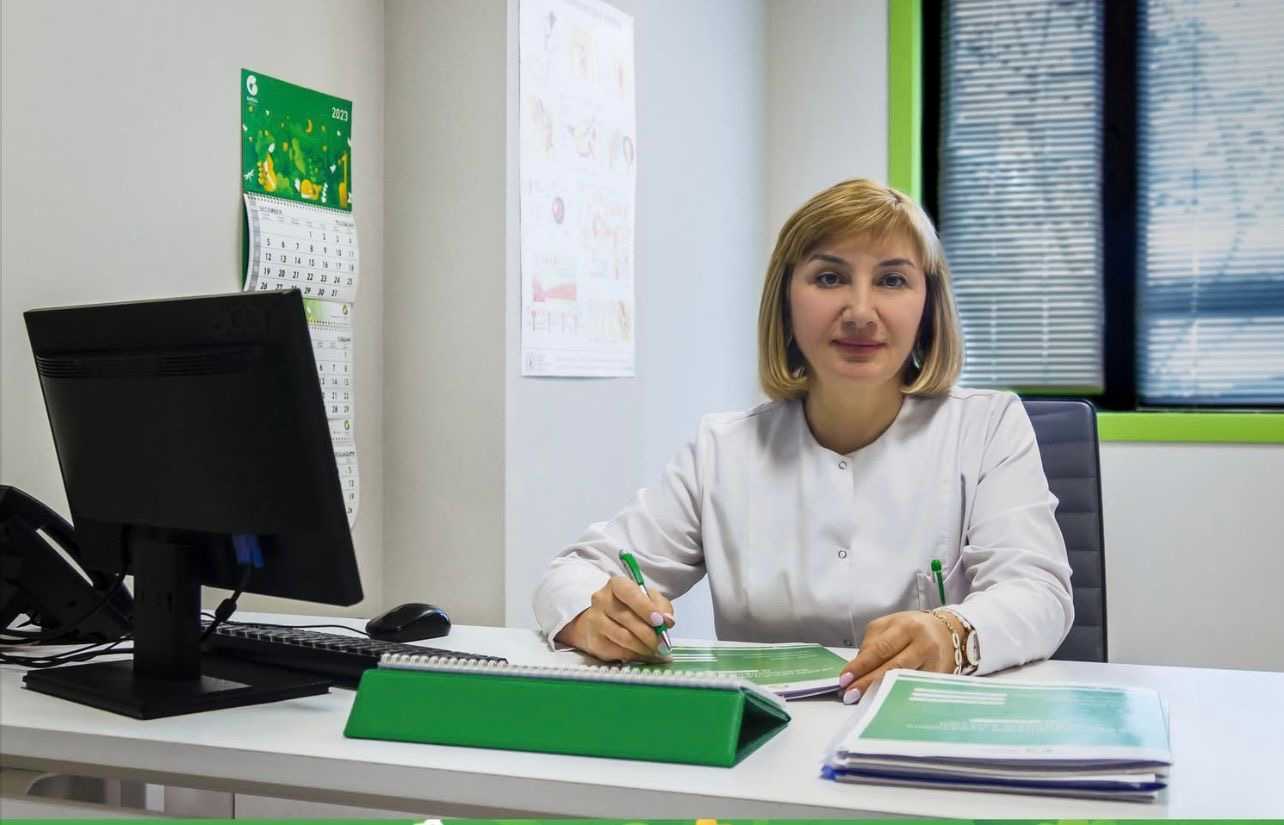
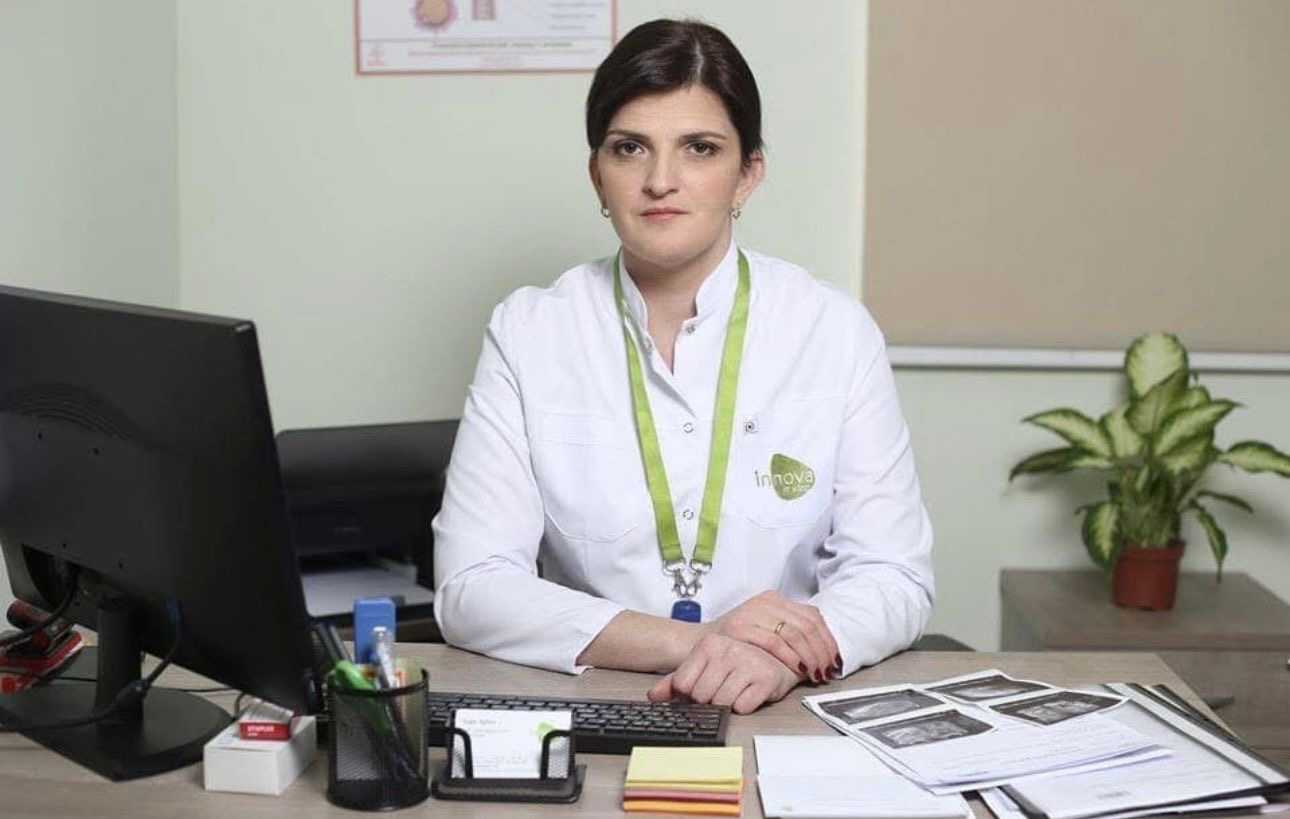



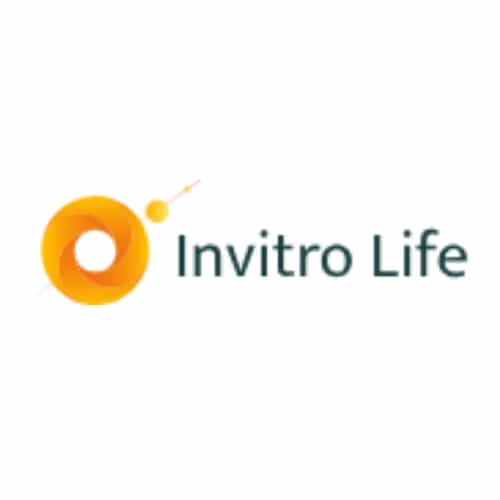
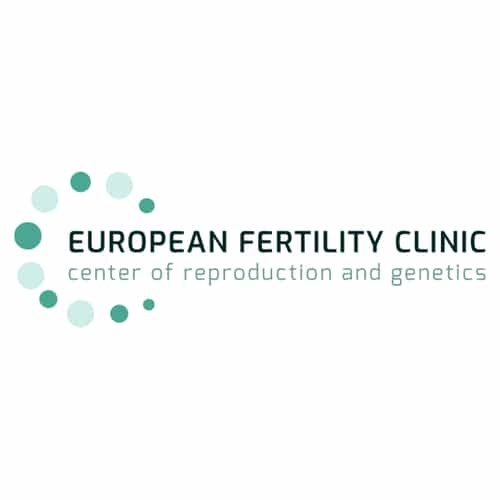


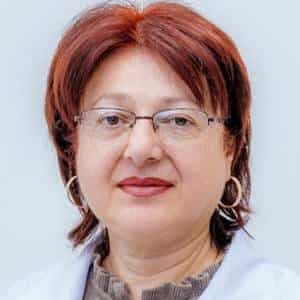


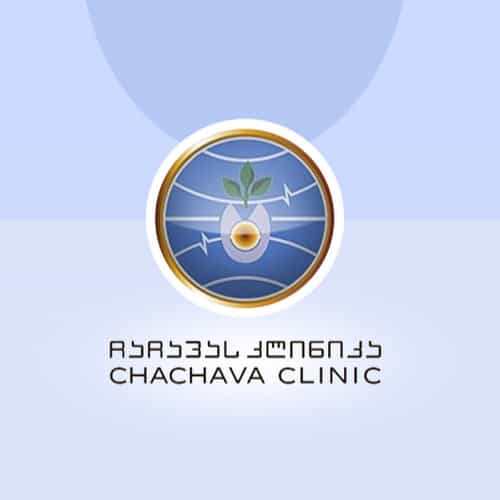




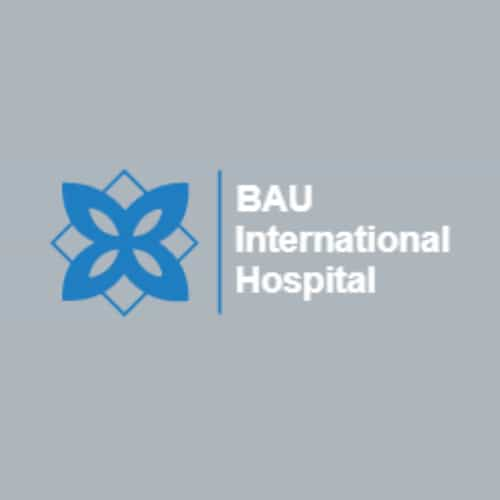
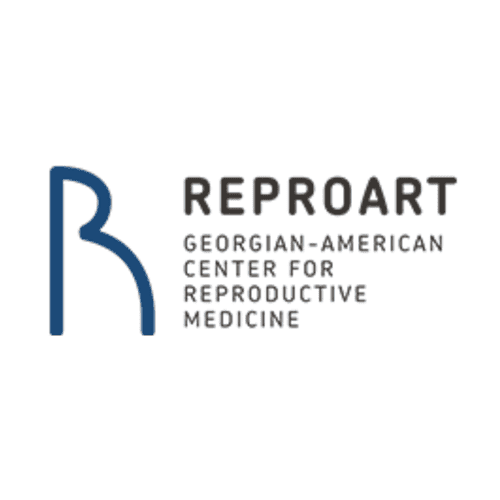





.png)

.png)

I contacted Aurora-Georgia seeking hormone replacement therapy and was immediately impressed by how responsive and professional their team was. Even though I’m located in Sweden, communication was smooth, and they provided all the details I needed about treatment options and next steps. The care, attention, and international coordination that Aurora-Georgia provides made me feel completely at ease. It’s wonderful to know there’s such a reliable and patient-centered fertility center available to international patients.
Read More